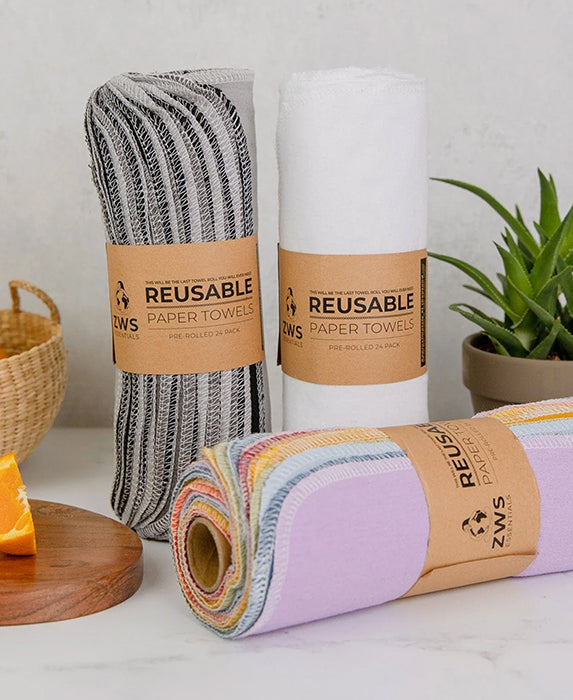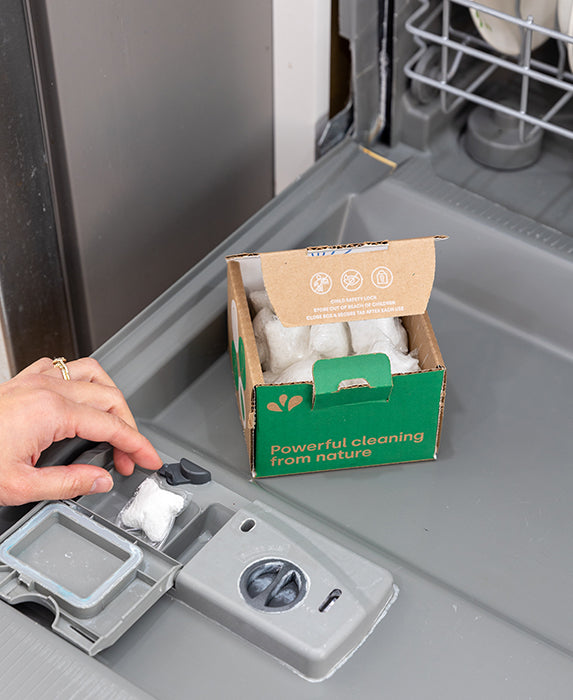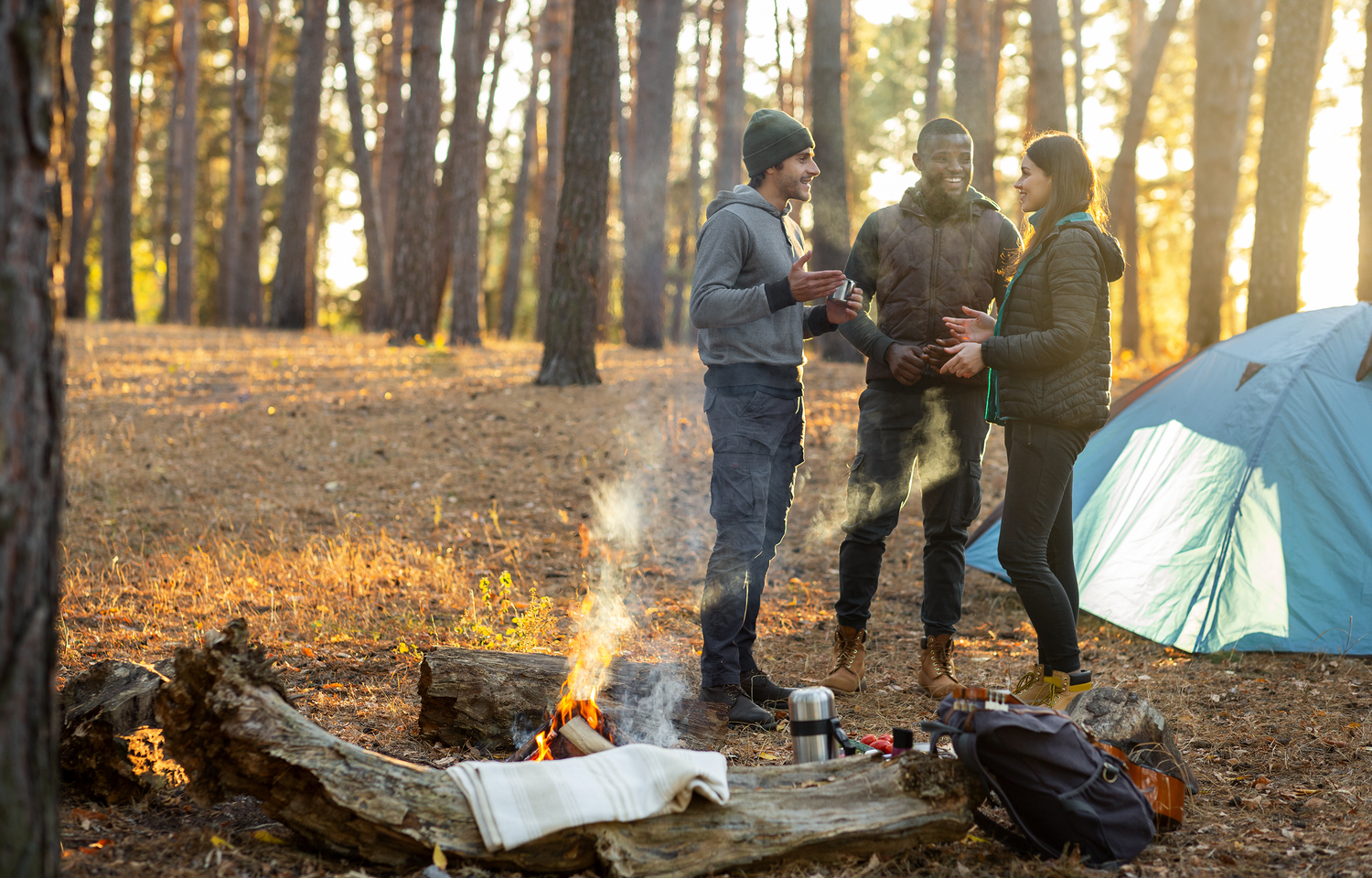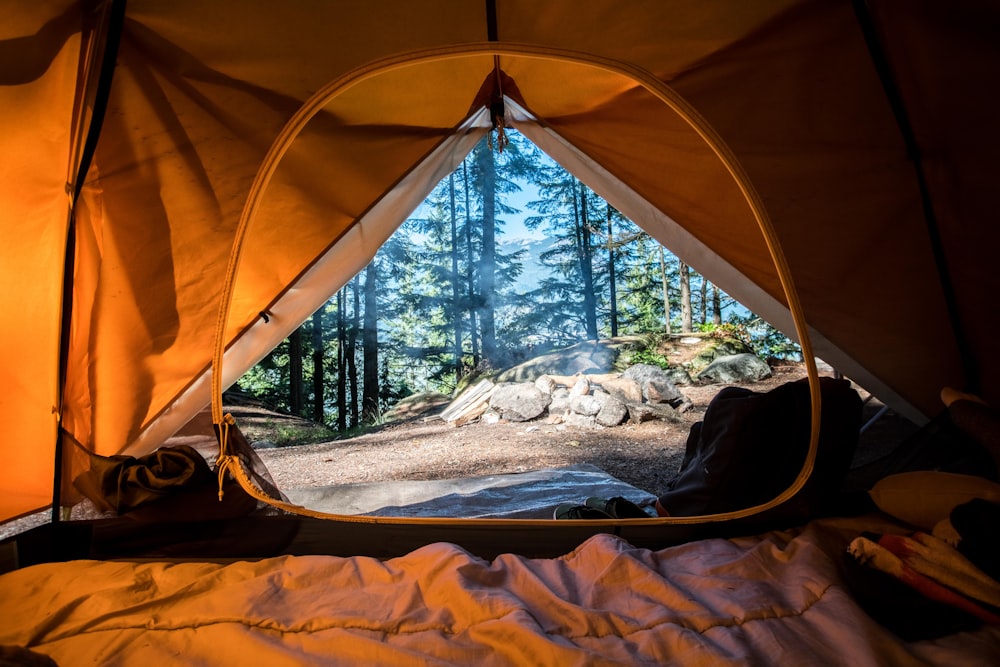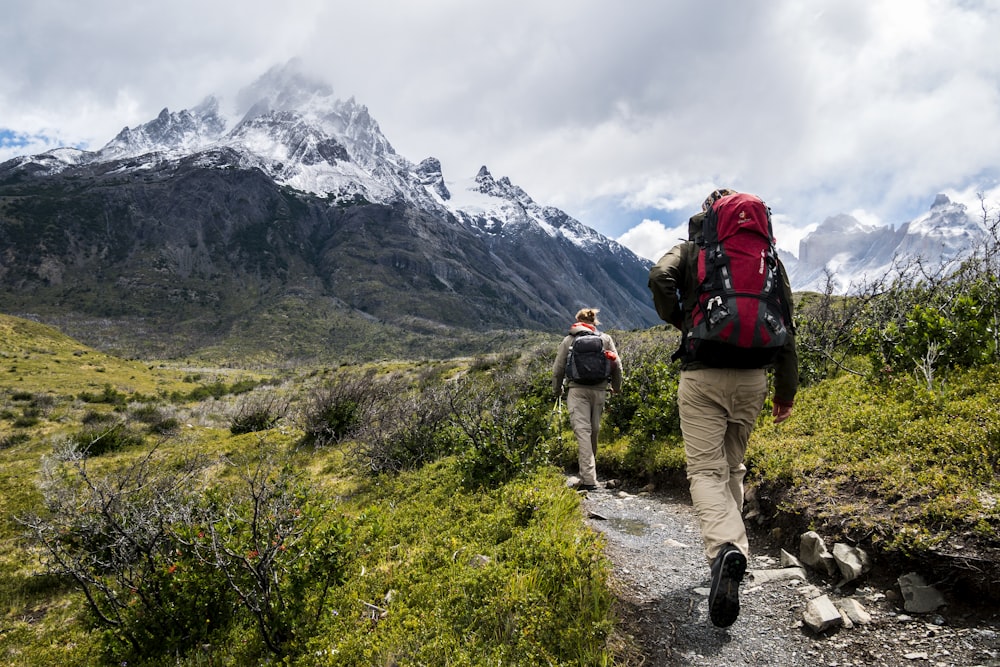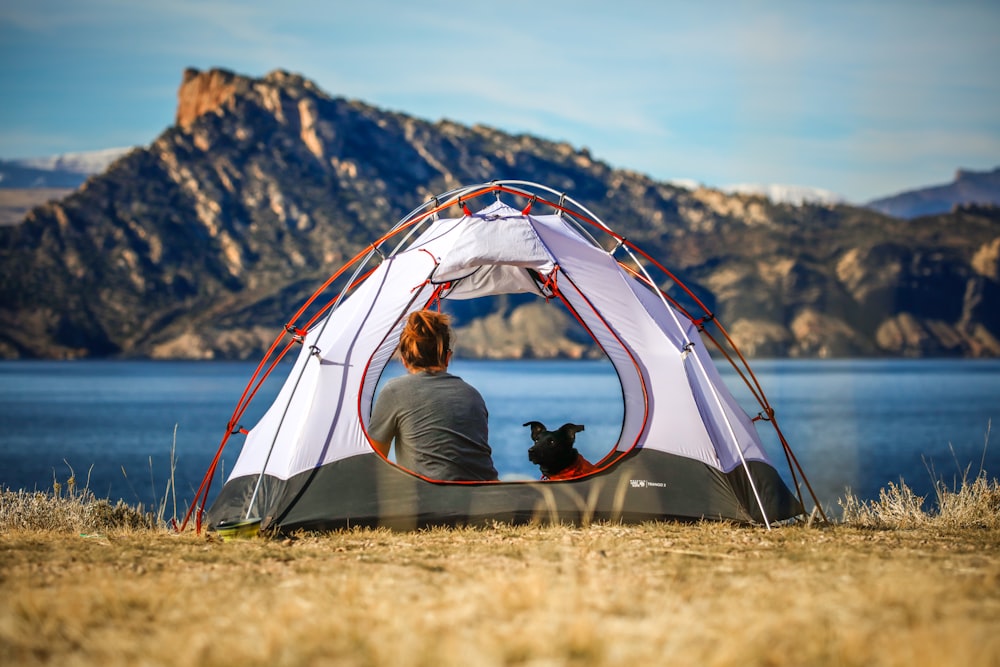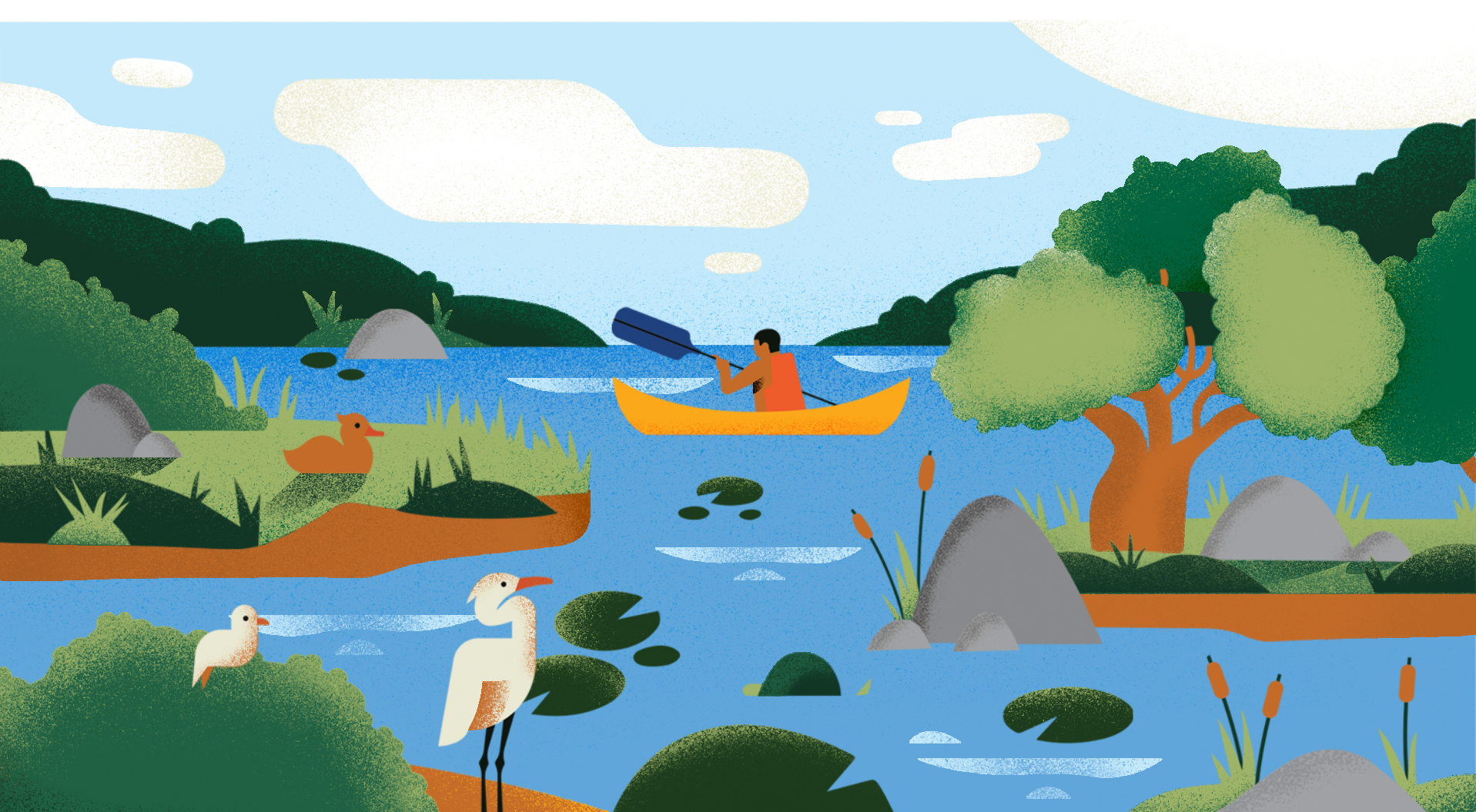About to embark on your first camping trip? How exciting! In this guide, we’ve covered everything you need for a smooth and sustainable trip.
Sleeping under the stars, waking up among the trees. Trust us, there’s nothing better. It’s a chance to embrace slowness; to disconnect from the hustle and bustle of everyday life, and reconnect with yourself and nature.
When we consciously leave nothing but our footprints behind, camping can be an amazing eco-conscious alternative to lavish trips across the globe in fancy hotels. Who knows, it might just reveal that these luxuries don’t matter so much to you after all…
Before you set off, dive into our list of everything you need to enter the world of sustainable camping. Discover why it’s an eco-friendly vacation option or skip to our product recs and tips so you’re fully equipped.
Contents
Is Camping Sustainable?
Overall, yes. It can be less carbon-intensive, use fewer resources, produce less waste, and instill an appreciation for nature compared to alternative vacations. But it depends on how you do it. The golden rule for sustainable camping: ‘leave no trace’. In other words, don’t leave anything behind and don’t take anything with you.
Let’s take a look at some of the main reasons why camping, when done mindfully, can be an eco-friendly trip:
Domestic Tourism Means It’s Less Carbon-Intensive
Most campers - with tents and equipment to transport - chose a spot close to home. You’re less likely to catch a flight for a camping trip and since the aviation industry is responsible for an estimated 2.1% of all global emissions, it can be a less carbon-intensive option.
Campsites produce less carbon emissions than hotels
It’s not just the travel, it’s where you stay too. A recent study suggests staying overnight in a hostel releases up to 10 times more CO2 than a caravan or motorhome - just think how much less it’ll be for a tent!
Bringing Your Own Cooking Supplies Reduces Waste
A lot of people bring their cooking supplies when camping, carefully choosing what to pack to minimize having to carry and dispose of waste. The restaurant sector (including hotel restaurants!) produces 915,400 tons of food waste each year so it’s easy to see how cooking al fresco is better! Not to mention the amount of plastic waste produced at hotels too.
Campsites Require Less Resources
Trying to impose as little as possible on the natural world means campsites are simple - there’s a plot of land for you to pitch and occasionally other outdoor lodging options like cabins, pods, or tipis. This requires a lot less resources than it does to build a hotel!
Campers Choose Screen-Free Entertainment
Camping encourages people to unplug from their devices and engage in more sustainable activities, like hiking, cycling, and wild swimming.
Camping Instills an Appreciation for Nature
Lastly, sleeping amid nature’s beauty instills a deep appreciation for the planet that inspires people to respect it, while they’re there and once they’re home.
10 Camping Essentials For Beginners
Here are 10 must-haves to pack on your first (and all the ones after!) camping trip:
1. Lavender + Cacao Dry Shampoo

Depending on where you camp, there might not be the opportunity for a good and thorough hair wash. That’s when a pleasant scented dry shampoo will come to your rescue!
2. Toothpaste Tablets

This zero-waste alternative to conventional plastic toothpaste can be easily stored in your bag without the risk of a bursting toothpaste tube.
3. 3-in-1 Coconut Cleaning Bar

The key to packing light is to pack multi-functional products, like this 3-in-1 soap. You can use this to clean your hands, wash your dishes, and even remove stains if you want to handwash your clothes.
4. Reusable Meal Camping Kit
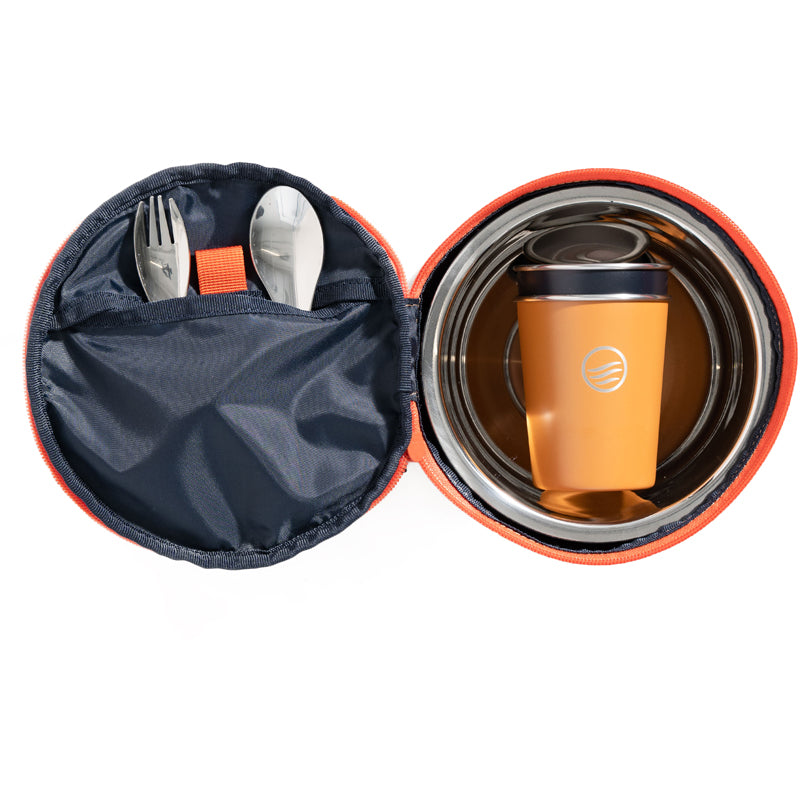
This handy kit contains two stainless steel bowls, two stainless steel tumblers, and two stainless steel sporks, all wrapped up in a 100% recycled polyester case with a carabiner for easy attachment. Everything you need for an al fresco dinner!
5. Natural Anti-Bug Spray

As much as we know nature needs bugs, there’s no denying their pesky! Keep them at bay with a natural anti-bug spray.
6. Family Sized Sport Zinc Sunscreen
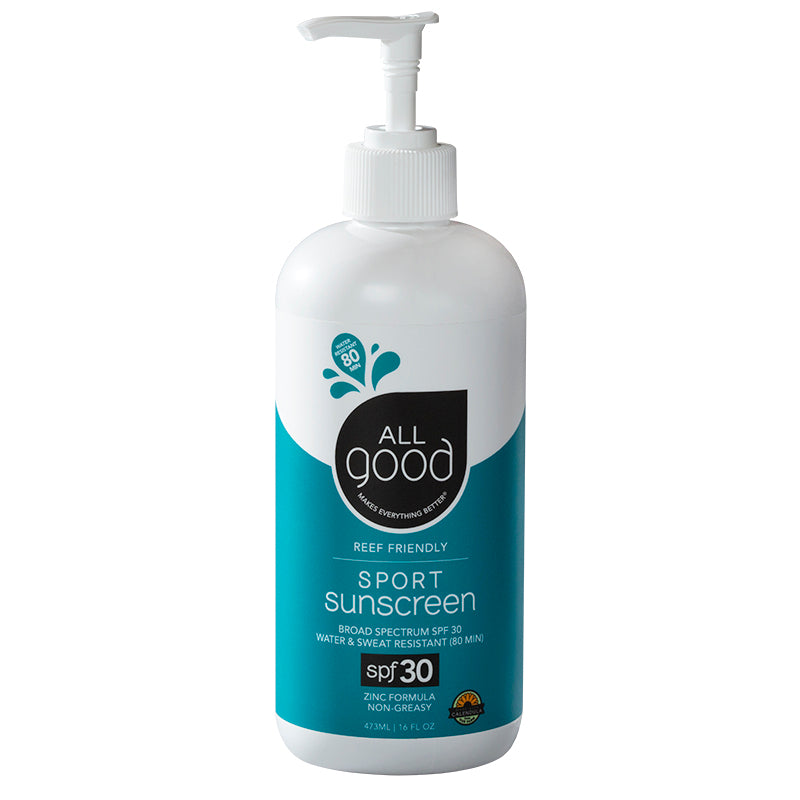
Being out in the sun all day feels so good…until you get burnt! Keep the whole family protected with a natural sunscreen that’s healthy for your skin, the planet, and marine life.
7. Organic Wool Hiking Socks
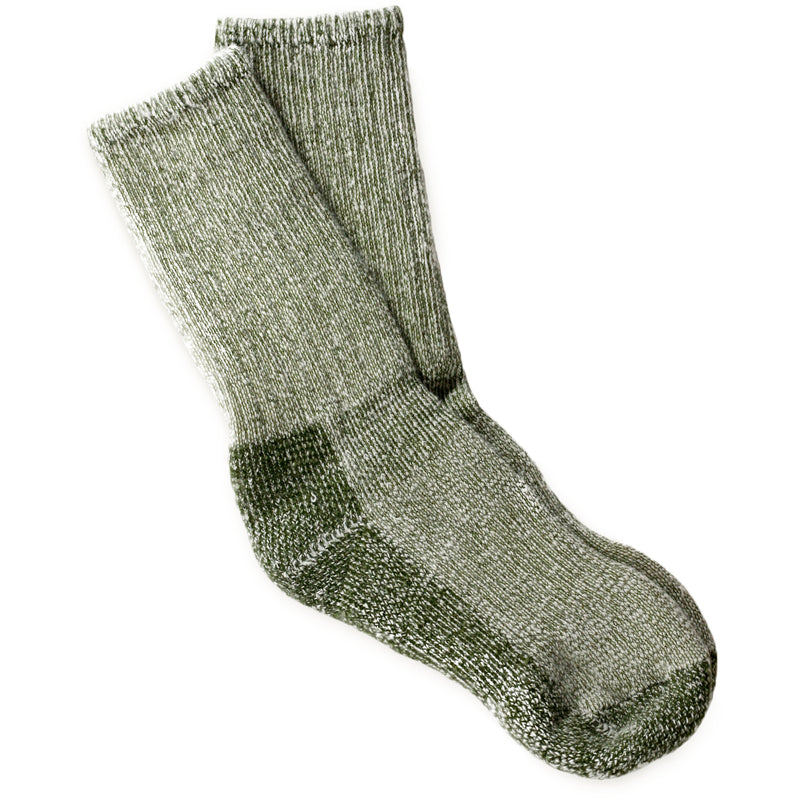
Picture this: You packed two pairs of cheap socks. It’s day two and one pair is soaked from the rain and the other has a huge hole in it. Packing enough good quality socks is the secret to a successful camping trip, trust us.
8. Reusable Snack Bags

If you’re planning a big day of hiking, or simply want sustainable snacks for when you’re back at camp, homemade trail mix can be a great eco-friendly option. Choose your favorite nuts, dried fruits, granola, or choc chips and pack them in reusable snack bags.
9. 18L Backpack
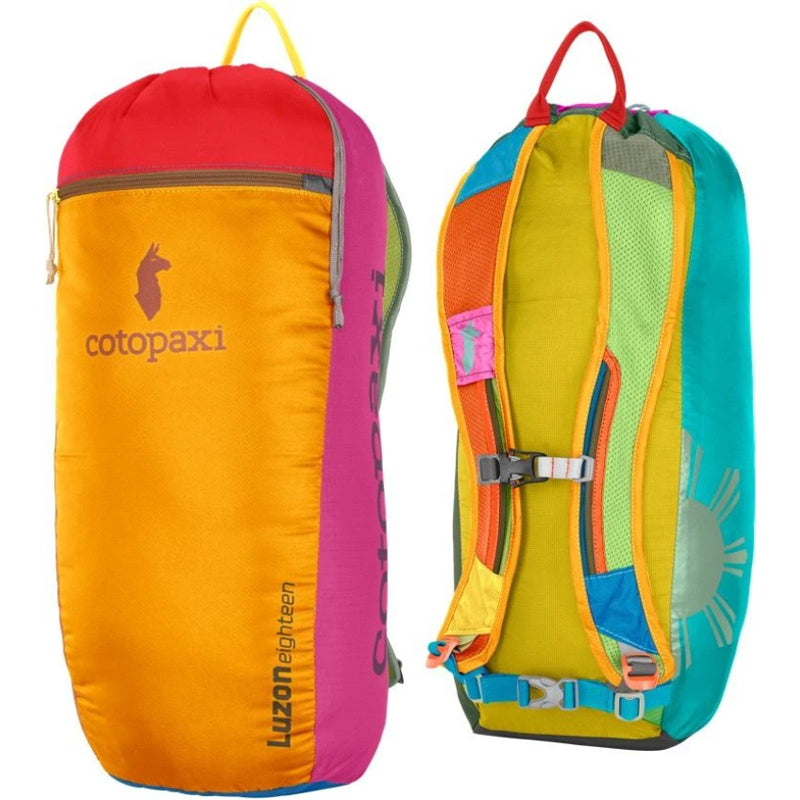
Your backpack will be your best friend on your great adventure. The size and style you need will depend on where you’re camping and how long for, but we recommend choosing one with a waterproof cover and a waist strap to evenly distribute the weight.
10. 3 Gallon Compostable Trash Bags
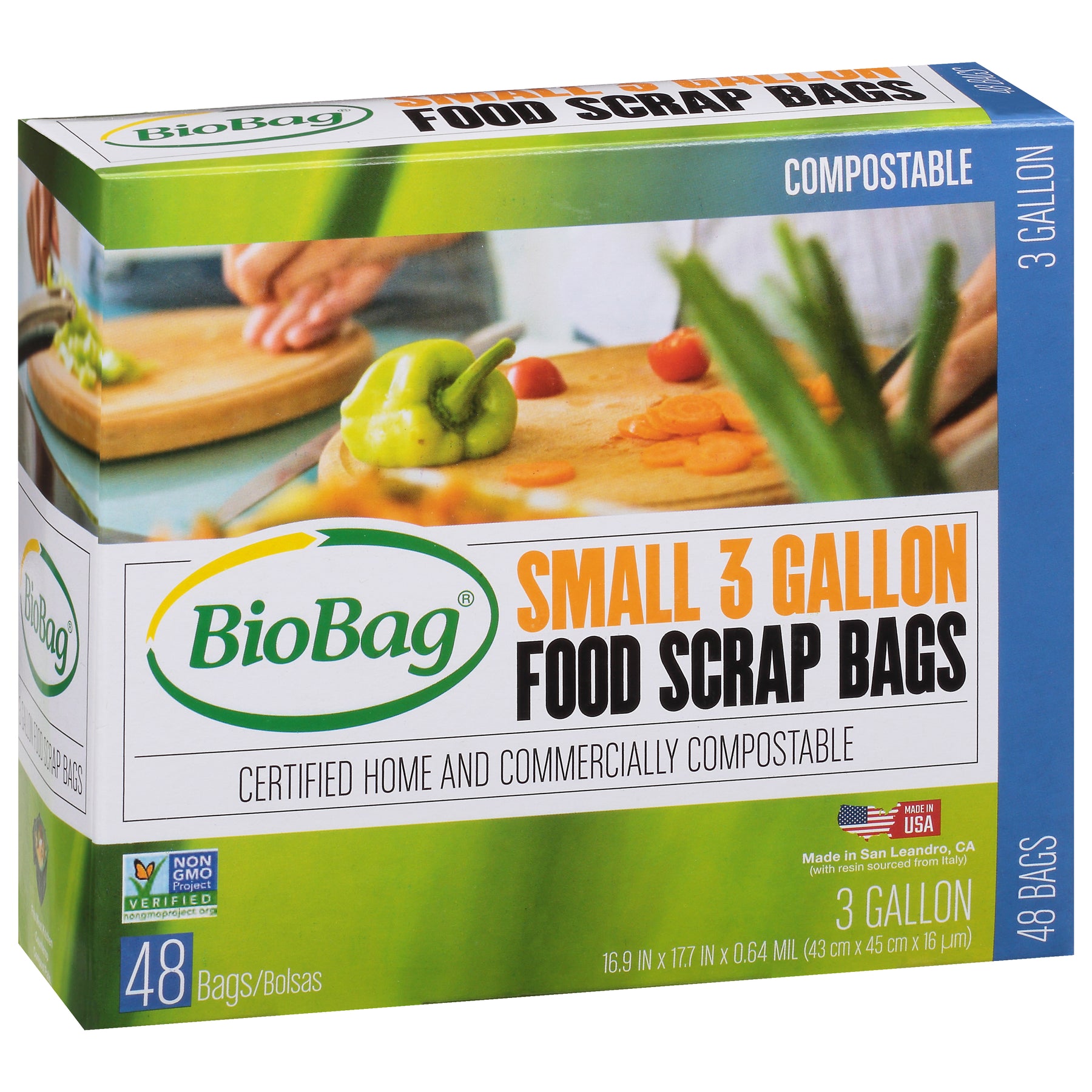
No matter how hard you try to prevent it, there will be some waste. Pack some compostable trash bags and take the waste home with you to dispose of properly.
7 Quick Tips To Camp Sustainably
Now you know what to pack, let’s go through some quick tips to make sure you’re the most conscious camper you can be.
-
Leave no trace
This is the most obvious but the most important one: leave the spot how you found it. There is 7 official ‘Leave No Trace Principles’, which you can read in detail here.
-
Be prepared
As well as packing your zero-waste essentials, research the regulations and wildlife where you’ll be camping.
-
Respect wildlife
Admire the sound of the birds, capture pictures of butterflies, and sketch the creatures you find, but never try to touch or feed the wildlife you come across.
-
Learn campfire rules
Many areas don’t allow campfires at all, so check that out first. If you are allowed to (and you want to) start a campfire, only use old and dead wood. When you’re done, ensure the fire is entirely out, clean what you can, and leave the spot visible so others can use it. This will prevent damage somewhere new.
-
Stick to safe spots
Going off the beaten track might seem adventurous, but existing trails are marked out for your and the environment’s safety, so it’s best to stick to them. Choose to camp in one of the 116,000 federally managed campsites in the U.S. - there’s plenty of choice!
-
Be considerate of noise
Most campers want to enjoy a period of peace and relaxation in nature, which is impossible when music blasts in the tent next door! Be mindful of other campers and wildlife, and keep noise minimal.
Eeeek we’re so excited about your first camping trip! Camping is a great staycation option which inspires more eco-friendly practices. Armed with these essentials and tips, we’re sure you’ll have the best time, leaving only footprints and taking away memories that’ll last a lifetime.
Happy Camping!


